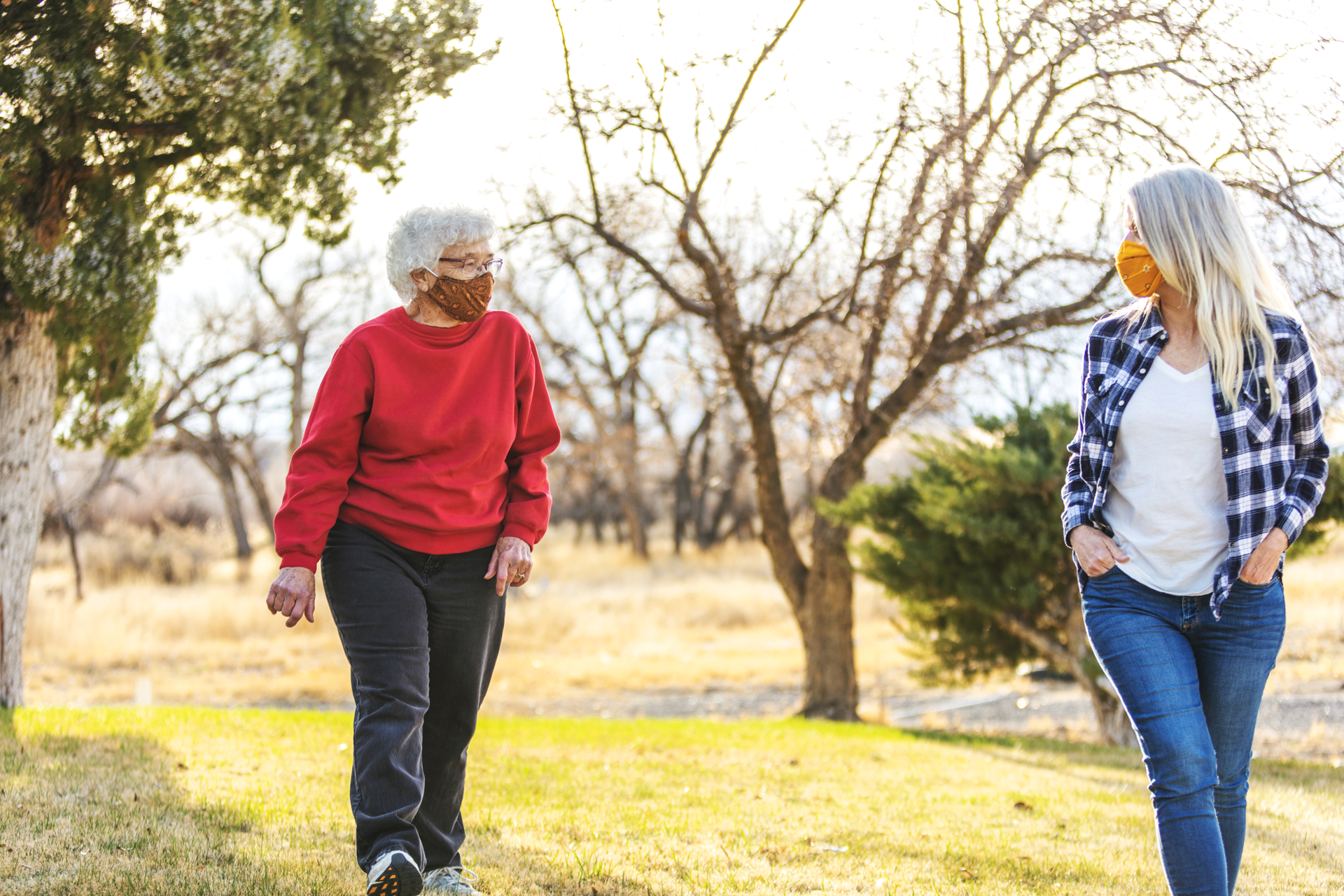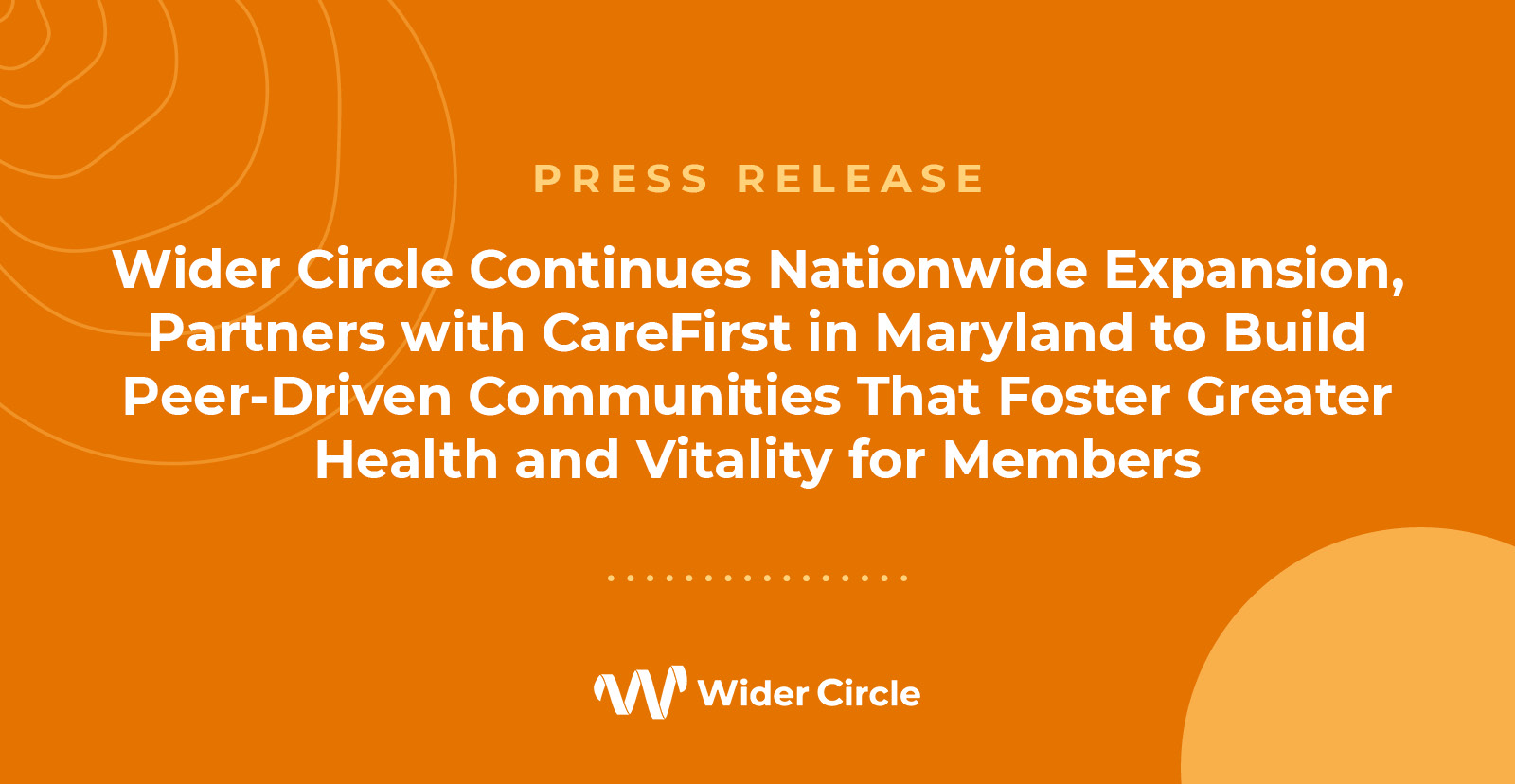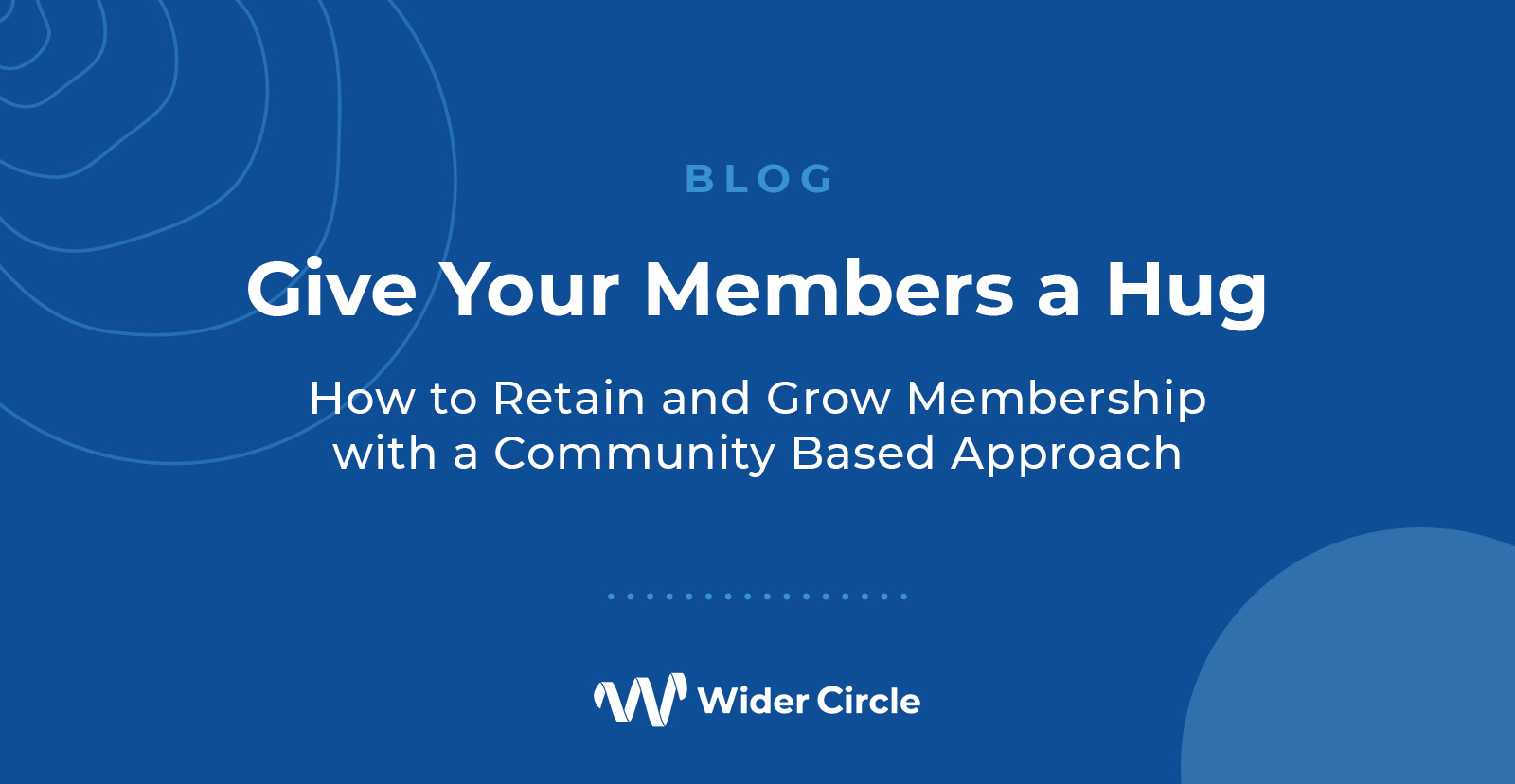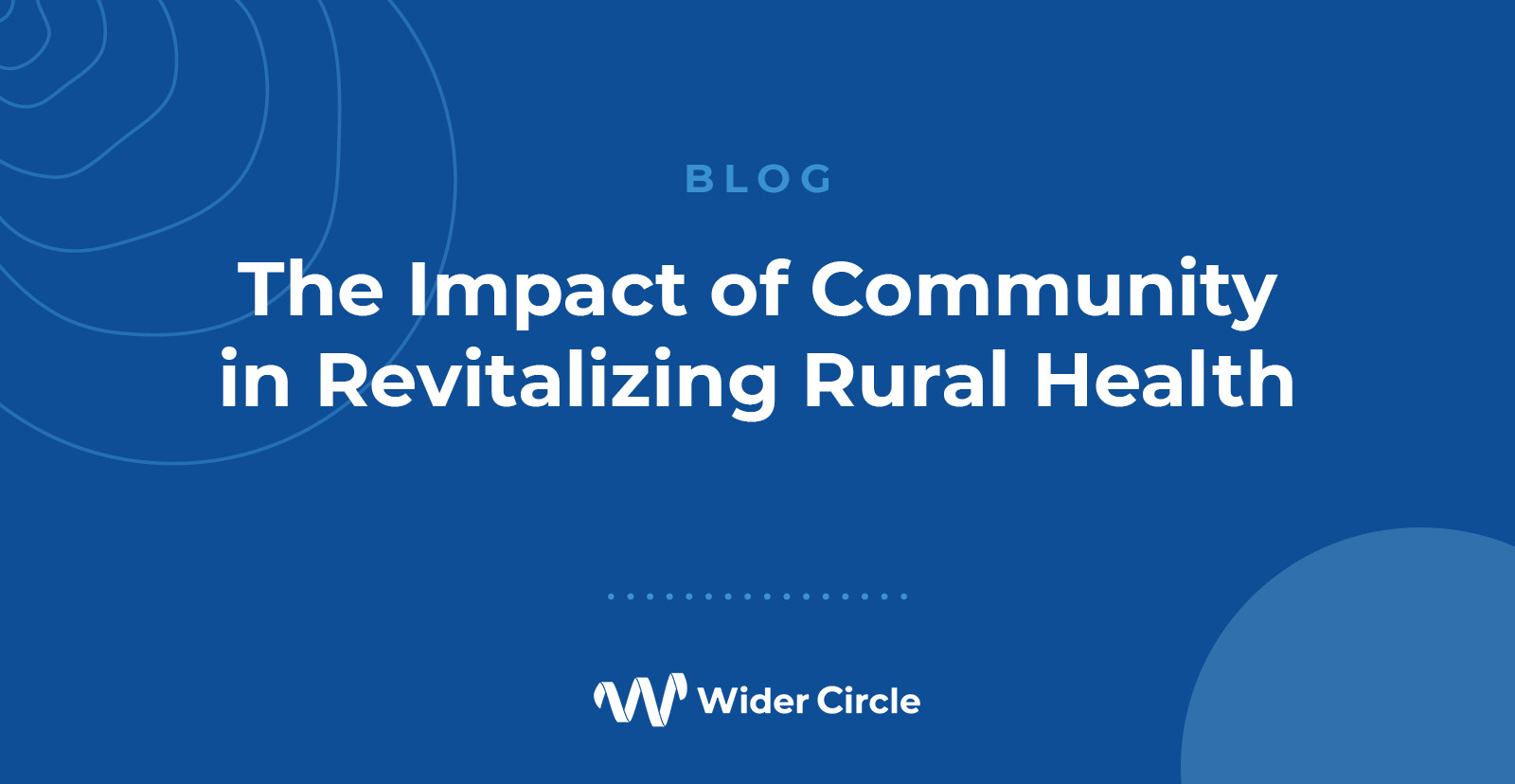
Social participation—our involvement with other people and activities outside the home—plays a critical role in our health. Studies have shown that there is clear link between social relationships and health in the general population. Adults who are socially connected are physically healthier and live longer than their more isolated peers. Socialization affects brain health as well; research indicates that social interaction can actually retrain our brains, improving memory formation and recall and protecting us from neurodegenerative diseases.
Social activities also provide emotional benefits, making people feel cared for and heard. When we interact socially, we are practicing empathy, and others are extending empathy to us. This helps to make people feel valued and safe, and gives their lives meaning and purpose.
This is at least partially due to the fact that socialization often involves getting up and about and using our bodies the way they were intended to be used in everyday life. Meeting with others requires us to move, which means we’re being active, even if that’s not the intent. Just the act of using our body and mind to engage with others can make us stronger and healthier.
However, as we age, spending time with others can be more of a challenge than in our younger years, because there are fewer opportunities to meet new people, and it may be more difficult to get out often for economic, physical or other reasons. And it is not just older Americans who suffer from reduced social participation. Other vulnerable populations, including the economically disadvantaged, racial and ethnic minorities, and those with chronic health conditions such as mental illness, also often lack socialization opportunities.
Fortunately, as recognition of the important role socialization plays in health has become more widespread and accepted, health plans are committing more resources to solving the problem. One of the resources they are turning to is Wider Circle, a unique community care program that connects neighbors for better health. Wider Circle works with national and local health plans to foster social connection and increase member engagement to improve health and wellness among neighbors. Today, four years after its founding, the company operates programs in more than 135 communities nationwide, helping thousands of people to form essential social connections in their neighborhoods.
Wider Circle Facilitates Socialization
With a model that is centered on trusted relationships, Wider Circle connects health plan members with familiar neighbors, who are members of the same plan, to inform, support and motivate one another, empowering them to be more proactive about their health. It achieves this by using a multi-pronged outreach effort to convene small groups of 10-12 health plan enrollees who get together weekly for hour-long meetings, led by a trained Wider Circle facilitator. Facilitators teach members how to access care resources that are relevant for their chronic conditions and gain valuable information from neighbors in similar situations. The program provides a neighborhood forum that enables participants to solve issues together and better utilize care resources. Equally important, it creates opportunities for members to be more physically active; at each meeting, facilitators encourage members to get moving together and engage them with different types of physical activities such as walking at a local park or doing chair yoga.
The program’s impact is amplified by the use of community ambassadors. Wider Circle facilitators galvanize able plan members to volunteer in their community as ambassadors to engage and assist their neighbors. Ambassadors help cement trust with their neighbors, providing members with an essential opportunity to connect and a trusted source of local health information—because they speak their language, share their culture, and are just like them.
Even today, in the midst of a pandemic, Wider Circle is enabling its members to stay socially connected using peer-to-peer health check-ins, virtual meet ups and social calls, because we know the importance of maintaining these ties. Socializing with your trusted circle isn’t just enjoyable—it’s vital for your health.



